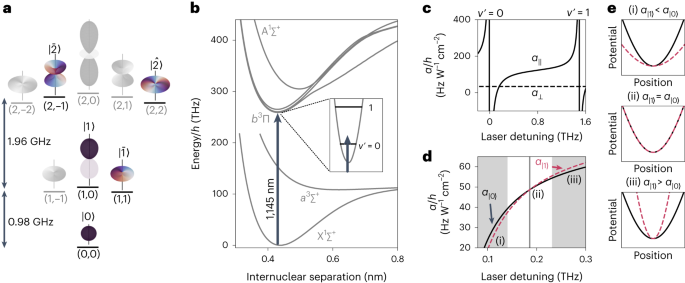2024-01-18 マサチューセッツ工科大学(MIT)
◆この新しいバッテリーは、コバルト含有バッテリーよりも低コストで製造可能であり、同等の充電速度と保存容量を持っています。この新材料は、金属採掘に関連する財政的、環境的、社会的なコストが高いコバルトを使用しないため、持続可能性を向上させる可能性があります。
<関連情報>
- https://news.mit.edu/2024/cobalt-free-batteries-could-power-future-cars-0118
- https://pubs.acs.org/doi/10.1021/acscentsci.3c01478
高エネルギー、急速充電、長寿命のリチウムイオン電池のための層状有機正極 A Layered Organic Cathode for High-Energy, Fast-Charging, and Long-Lasting Li-Ion Batteries
Tianyang Chen, Harish Banda, Jiande Wang, Julius J. Oppenheim, Alessandro Franceschi, and Mircea Dincǎ
ACS Central Science Published:January 18, 2024
DOI:https://doi.org/10.1021/acscentsci.3c01478
Abstract

Eliminating the use of critical metals in cathode materials can accelerate global adoption of rechargeable lithium-ion batteries. Organic cathode materials, derived entirely from earth-abundant elements, are in principle ideal alternatives but have not yet challenged inorganic cathodes due to poor conductivity, low practical storage capacity, or poor cyclability. Here, we describe a layered organic electrode material whose high electrical conductivity, high storage capacity, and complete insolubility enable reversible intercalation of Li+ ions, allowing it to compete at the electrode level, in all relevant metrics, with inorganic-based lithium-ion battery cathodes. Our optimized cathode stores 306 mAh g–1cathode, delivers an energy density of 765 Wh kg–1cathode, higher than most cobalt-based cathodes, and can charge–discharge in as little as 6 min. These results demonstrate the operational competitiveness of sustainable organic electrode materials in practical batteries.



